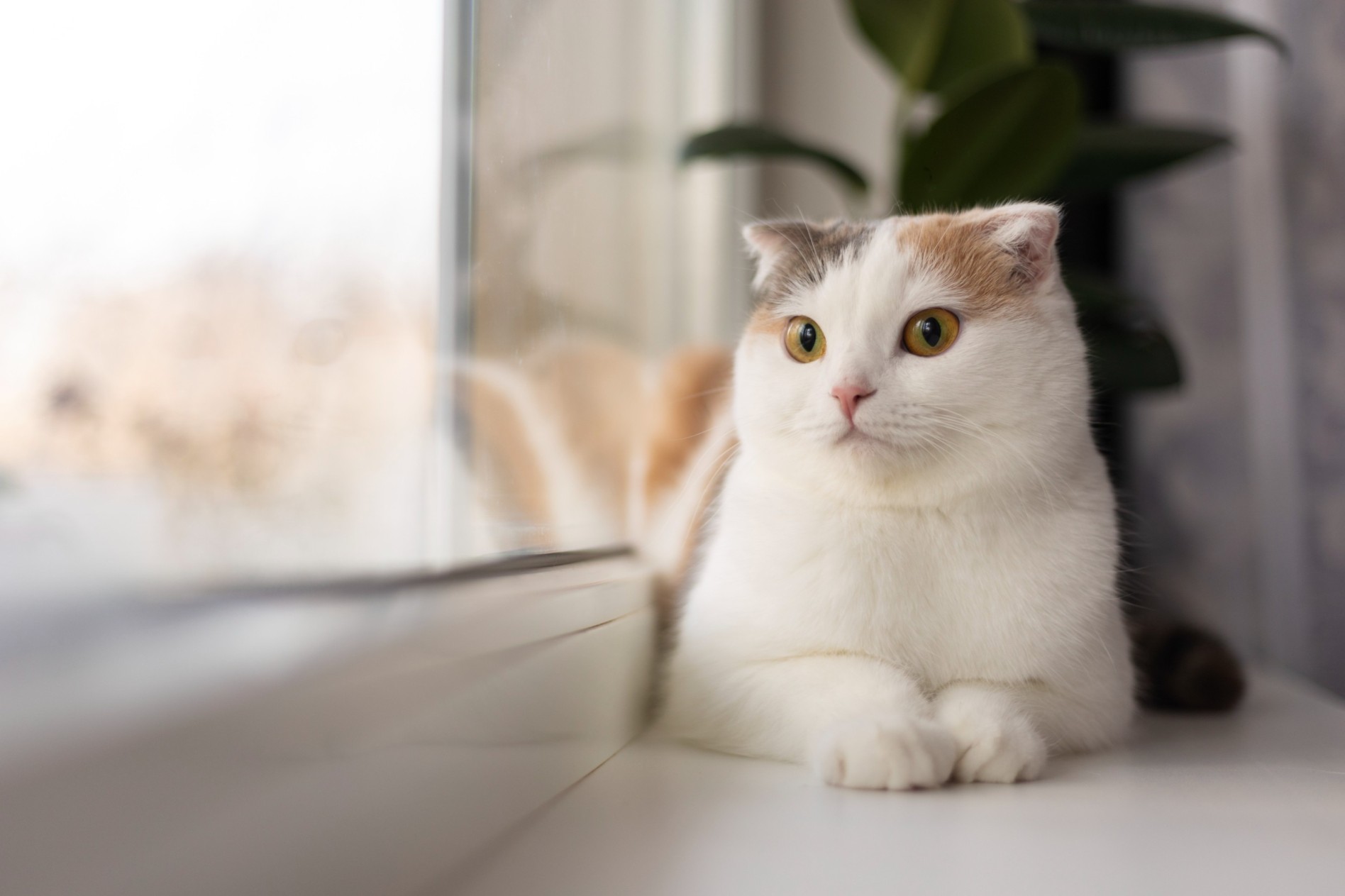Cats, with their independent nature and graceful demeanor, make wonderful companions. To ensure they enjoy a long and healthy life, it’s essential to understand their specific needs at each stage of their development.
Kittenhood (0-12 months)
- Vaccinations: Ensure your kitten receives essential vaccinations to protect against diseases like feline leukemia, rabies, and distemper.
- Spay or Neuter: Consider spaying or neutering your kitten to prevent unwanted litters and reduce the risk of certain health problems.
- Socialization: Introduce your kitten to various people, animals, and environments to help them become well-adjusted.
- Nutrition: Provide a high-quality kitten food to support their growth and development.
- Dental Care: Start brushing your kitten’s teeth early to establish good oral hygiene habits.
Adulthood (1-7 years)
- Annual Check-ups: Schedule regular veterinary check-ups to monitor your cat’s health and catch any potential problems early.
- Weight Management: Ensure your cat maintains a healthy weight through proper diet and exercise.
- Indoor vs. Outdoor: Decide whether your cat will be an indoor or outdoor cat based on your lifestyle and local regulations.
- Parasite Prevention: Protect your cat from fleas, ticks, and internal parasites with regular treatments.
- Dental Care: Continue brushing your cat’s teeth and schedule professional cleanings as needed.
Senior Cats (7+ years)
- Regular Check-ups: Increase the frequency of veterinary visits to monitor for age-related health issues.
- Nutrition: Provide a senior cat food formulated to meet their specific nutritional needs.
- Joint Health: Consider supplements or medications to support joint health and mobility.
- Environmental Enrichment: Provide mental and physical stimulation to keep your senior cat engaged.
- Grooming: Assist with grooming as needed, especially if your cat’s mobility is limited.
Common Cat Health Issues
- Obesity: Overfeeding and lack of exercise can lead to obesity, which can increase the risk of various health problems.
- Dental Disease: Plaque and tartar buildup can cause gum disease, tooth loss, and other oral health issues.
- Kidney Disease: Chronic kidney disease is a common health problem in older cats.
- Diabetes: Diabetes can cause excessive thirst, urination, and weight loss.
- Feline Leukemia Virus (FeLV) and Feline Immunodeficiency Virus (FIV): These viral infections can weaken the immune system and increase the risk of other diseases.
Remember, the best way to ensure your cat’s health is to provide a loving, supportive environment and follow your veterinarian’s recommendations.

